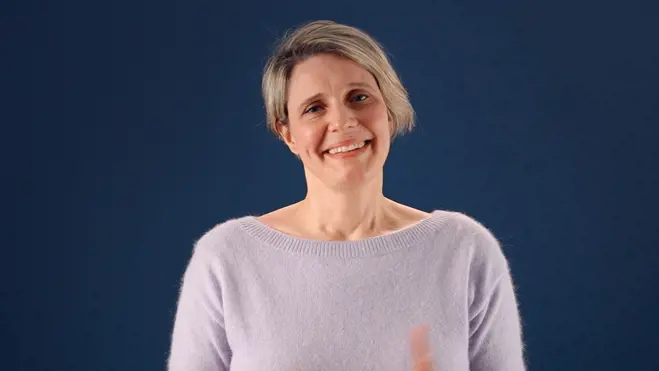
Becoming parents as a same-sex family
Families come in many forms, and creating a family as a same-sex couple is a unique journey.
Finding the right donor whether you choose a sperm bank or a known individual is a big part of this journey. We understand the importance of this decision and make sure you feel equal to any other aspiring parent.
Your 4-step journey to parenthood
Is this right for us?
The stories of other couples and research resources such as our free webinars can help you decide whether sperm donation is right for you.
Choose the right donor
Even before you decide on a treatment, you can look for donors who match your unique preferences.
Find a clinic
The next step is to find a clinic that matches your preferences and situation. Our seasoned advisors can guide you and help you.
Planning for life as a new family
Being a family is a new and different life, and we’re committed to helping you navigate your new circumstances.
Create a free account to start your journey
Whether you are ready to find your donor or still considering your options, creating a free account is a great and commitment-free way to begin your journey.
- Free access to our donor profiles with detailed information such as physical characteristics, personality traits and educational background.
- Personalised advice based on your unique preferences and situation.
- Easy access to our tools helps you find the right donor and clinic.
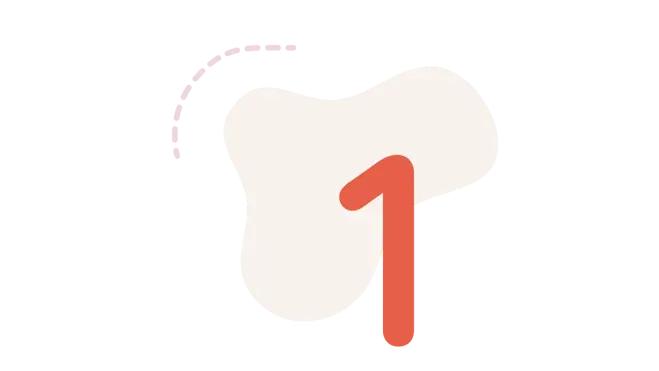
Is this right for us?
Creating a family with the help of donor sperm is a big decision, and finding inspiration in the stories of other couples can help you decide what the right journey is for you.
What to consider if you want to use donor sperm
Donor rights and anonymity
Some countries allow ID release sperm donors, while others only allow No ID release donors. No matter what type of donor, they won’t have any parental rights or obligations towards your child.
Parental rights
In some countries, the non-biological parent may be recognised as the legal parent if you are married, in a civil partnership or have filled out the correct forms before starting treatment. In other countries, the non-carrying parent may need to adopt. You can discuss this topic with our seasoned advisors.
Think about having a fertility assessment
We recommend getting an early fertility assessment. This step can identify if you have any underlying fertility issues and help tailor the treatment plan to your needs, potentially saving time, emotional energy, and money – and perhaps influencing who will carry the child.
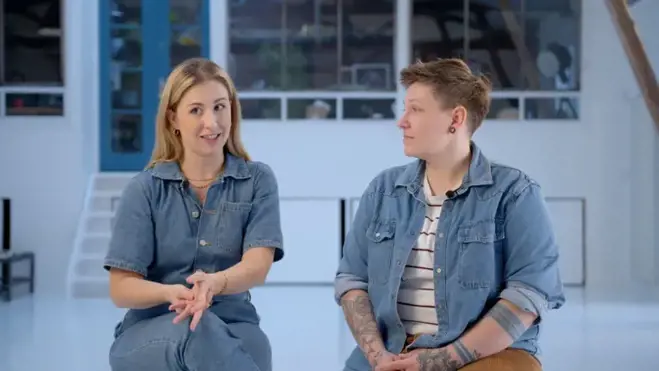
Find inspiration in Hayley and Katja’s journey
Hearing from families who have been through the process of starting a family using a sperm donor can be both inspiring and uplifting. One couple who have been on this journey is Hayley and Katja Schönberg. Their road to parenthood included a detour into the grey market of sperm donation and highlighted important considerations when choosing a sperm donor. Following their journey could help you figure out what feels right for you as a couple.
I would wish for a future where my wife wouldn’t have to adopt her own child.
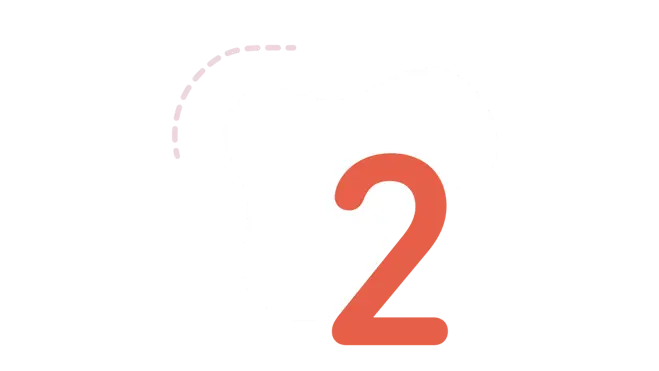
Choose the right donor
The decision to start a family through sperm donation involves choosing a donor that is right for you. Exploring possible donor matches, even before you decide on a treatment, is a great way to help make the process and your future life as a family more tangible. It can also help you as a couple to share your preferences with each other.
How to find the right donor for your family
There are several things to consider in the process and some of them include:
- Physical characteristics: While some same-sex couples may seek a donor whose physical characteristics closely match those of the non-biological parent, for others this may be less important. Consider what’s important to you and your partner when choosing a donor.
- Personality and interests: Softer characteristics, such as the donor's personality, interests, and talents, can also play a role in your decision.
Think ahead about donor identity
ID release or no ID release: Donor-conceived children from an ID release donor have the opportunity to learn the identity of the donor when they reach legal age. Please note that some countries only allow one type of donor to either ID release or no ID release. Choosing a no ID release donor means the donor's identity remains unknown to donor-conceived children even at legal age.

Want a donor that looks like one of you?
If you would like your donor to look like one of you, you can use our Photo Match tool. This tool lets you upload images and then compares your image with adult photos of our donors to find donors with similar facial features.

Deciding who will carry the child
Deciding who will carry the child is one of your first steps. Health factors and personal preferences might shape this choice. Perhaps you've already chosen who will carry the child, or you've planned for one partner to carry the first child and the other to carry a second child later on. Open conversations and advice from healthcare professionals will help you navigate this decision.
I would be carrying the child, and for that reason, I wanted to feel some connection with the sperm donor.
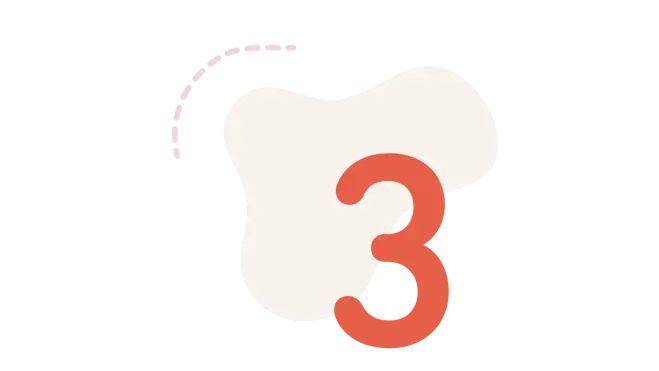
Find a clinic
The next step is to book a free consultation to find the right clinic for you, depending on your preferences and situation.
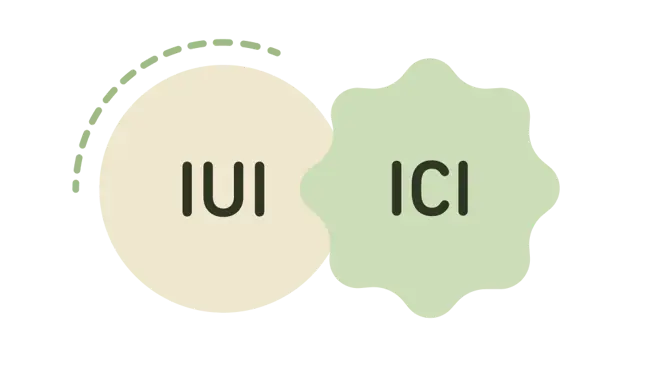
Which type of fertility treatment is right for you?
There are several different options for treatment depending on your preferences and whether one or both of you have fertility issues. Your chosen clinic will advise you on the best solution for you.
Intra-Cervical Insemination (ICI)
The ICI method places donor sperm near or directly in the cervix using a syringe. This method differs from IUI by requiring sperm to travel further to reach the egg. Sometimes, fertility medication is used to induce ovulation, enhancing the chances of successful insemination.
Intrauterine Insemination (IUI)
For same-sex couples without fertility issues, IUI is the most common form of insemination and a more cost-effective option than other types of fertility treatment. The method involves directly inserting sperm into the uterus around the time of ovulation. Fertility medication may be used to induce ovulation, increasing the likelihood of conception.
In Vitro Fertilisation (IVF)
IVF involves fertilising an egg outside the body and then implanting the embryo in the uterus. This option is often recommended for couples facing fertility issues but is also chosen for its higher success rates compared to other methods.
Egg Swapping or Reciprocal IVF (Shared Motherhood)
This unique option allows both partners to have a biological connection to their child. One partner's egg is fertilised and implanted in the other partner's uterus, combining the genetic material of one mother with the pregnancy experience of the other. Reciprocal IVF is an excellent option for same-sex families, though not allowed in all countries.
You can contact us for details on where egg swapping is permitted.
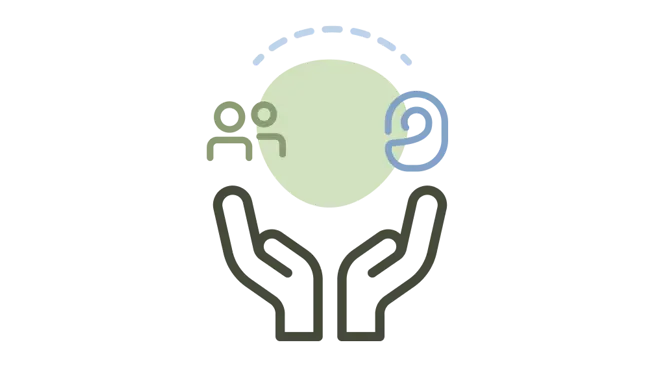
You need to be aware of...
- Clinic paperwork and agreements: Clinics typically require you to complete paperwork, which may include consent forms and agreements outlining the terms of the sperm donation and your rights as a recipient.
- Local legal differences: The legal guidelines for sperm donation and parental rights depend on the treatment country, residence, and even the prospective parents' nationality. This means the rules on sperm donation, donor anonymity, and parental rights differ from one country to another.
If you have questions about your legal situation you are welcome to contact us.
It was a very positive process. We didn't expect everything to go so smoothly. Once we got started, everything was so easy.
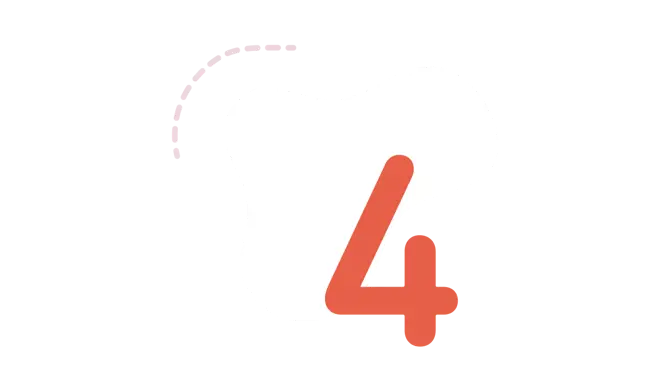
Planning life as a new family
Creating a same-sex family is so much more than practical steps. We’re committed to helping you navigate your legal situation, to build a strong support network for assistance throughout your journey, and to support you after having your child and becoming a donor-conceived family.

How do you prepare for life as a donor-conceived family?
Choosing to use a sperm donor as a same-sex couple often sparks conversation and questions from the outside world. Here are a few tips for fostering constructive discussions and addressing sensitive issues together.
Create a caring and open environment: Start the conversation in a private, comfortable setting where both feel safe to express how they feel without feeling judged.
Educate yourselves: Do some research together about the process of sperm donation, including the medical procedures and emotional considerations. Read about treatment types here.
Talk about the financial cost: The cost of sperm donation and fertility treatments can vary widely depending on the procedures chosen, the fertility clinic, the need for multiple cycles, and additional legal fees. To make sure you are on the same page, consider reading resources such as our treatment cost blog post together.
Consider your legal situation: Legal recognition of both parents varies by country and may require additional steps beyond the birth of your child. In some countries, this involves second-parent adoption, even if you are married or in a civil partnership. If you need help, you’re always welcome to contact us.
Build a support network: Surround yourself with friends, family and communities who respect and support you on your journey. Contact with other families who have been through the process of sperm donation can also be a source of comfort.
Communicate with your child: Prepare to talk about your child’s heritage in the future. You can strengthen your family bond through open, age-appropriate communication. Read the guide on how to tell your child that he or she was conceived with the help of a donor.
How to continue your journey
Starting a family through sperm donation opens a world of possibilities. Here's how you can take the next steps towards making your parenting dreams a reality.
Join our free webinars
We provide seasoned guidance on fertility treatments, donor selection, and legal considerations in a safe and caring environment.
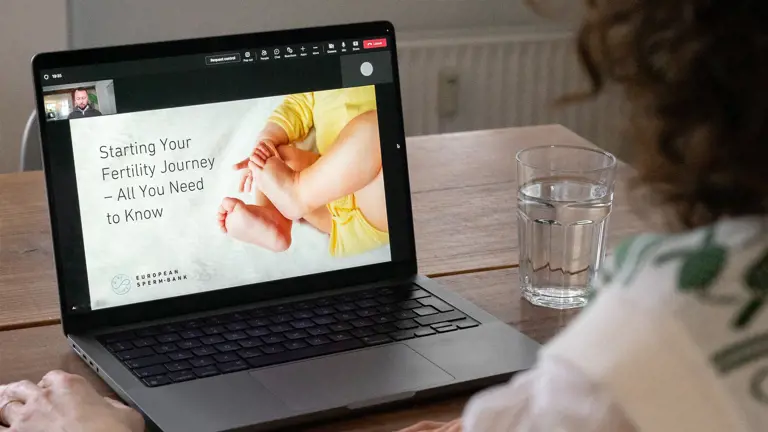
Get full access to donor profiles
When you create a free account, you'll gain access to our donor profiles, with detailed information such as physical characteristics, personality traits, and educational background.

